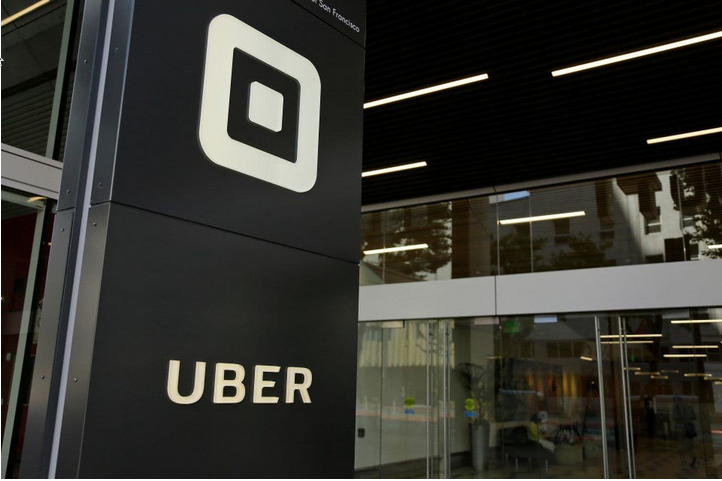There are many who think the structure of work is rapidly changing. The “gig economy,” they argue, is replacing the old economy; robots and artificial intelligence are displacing workers faster than ever. “The Future of Work” has become an angst-prone staple at conferences across the globe.
It’s always possible that this time is different, and, in fact, some notable differences are in play. But after reading a new paper by the Economic Policy Institute’s Larry Mishel on the economics of labor at Uber, I’m convinced that the new thinking needs a rethink. The challenges facing the future of work are, in fact, steep, but they’re largely the same ones facing the present (and the past): Too many workers have too little bargaining clout, and they are exploited in jobs that lack a robust set of labor protections. In other words, this is neither a technology problem nor an evolution-of-work problem. It’s a political problem — one that could be solved by supportive policy.
To be clear, the structure of work is changing, but that has always been the case. It does so glacially — Mishel shows that gig, or on-demand, workers represent a tiny share of the workforce — and it’s not changing any faster now than it has in the past. Neither is the pace at which technology is displacing workers speeding up; if anything, based on disappointing productivity growth, it surprisingly appears to have slowed.




